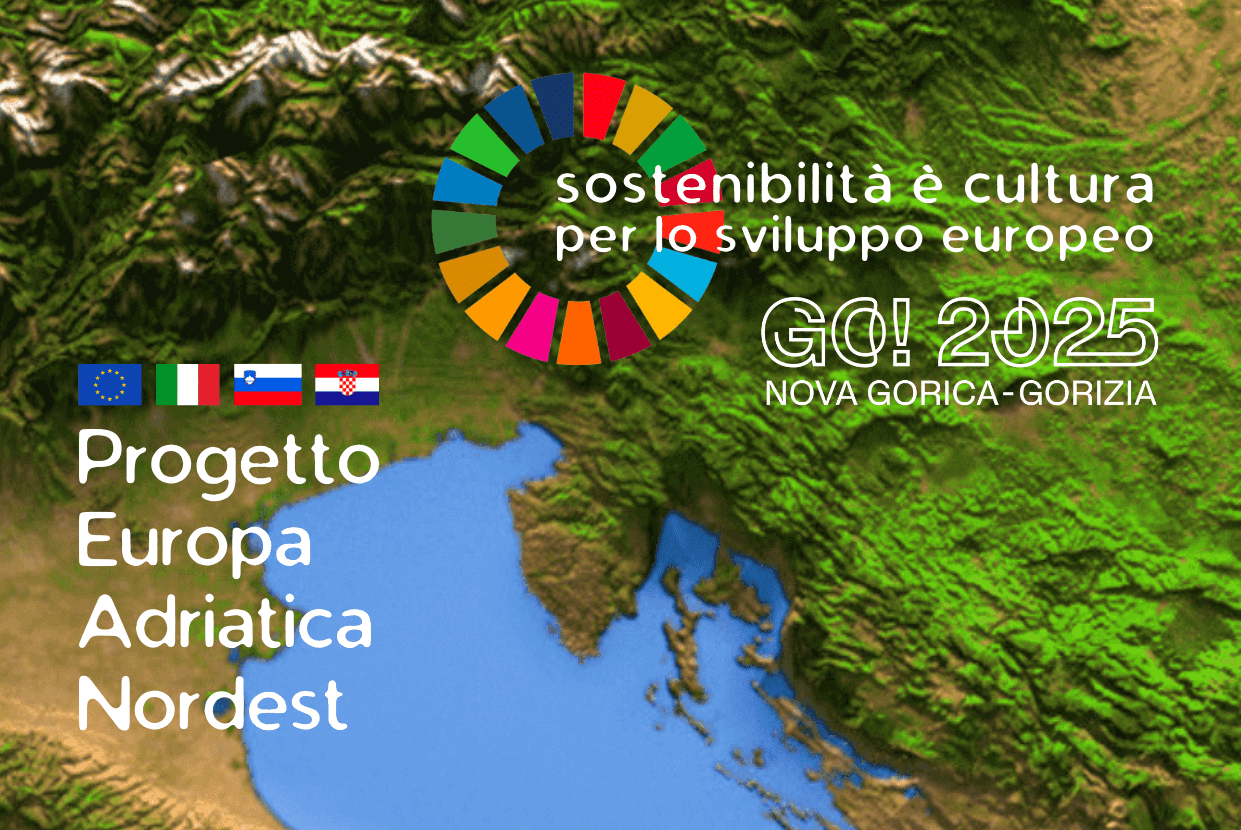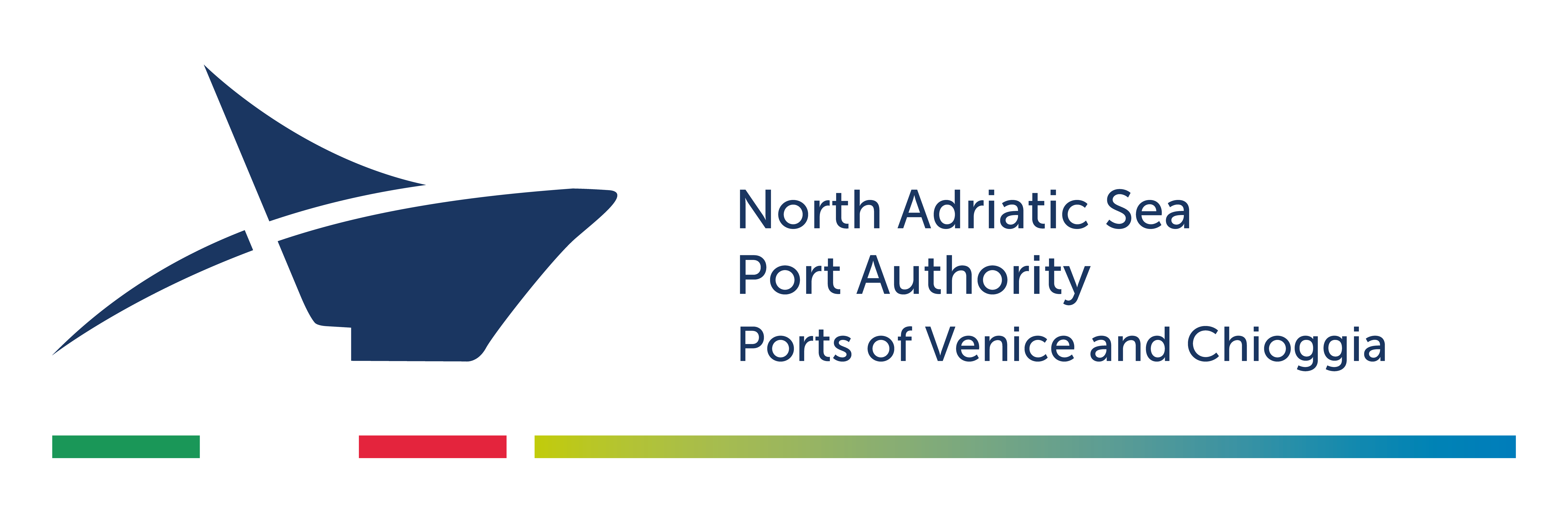The proceedings for the ” Venezia Europa Adriatica ” initiative have commenced at the Teatro La Fenice in Venice, in the prestigious Sale Apollinee. The initiative has the support of NASPA as an institutional partner, along with the City of Venice and the Council of Europe, all sharing the same approach and objectives.
The approach to this initiative is “holistic,” considering all dimensions of territorial development (cultural, environmental, economic-financial, technical-engineering). This approach naturally drew the attention of the port authority, as it aligns with the goals of the United Nations’ Agenda 2030, which has been incorporated into their own Strategic Plan. This approach is considered the only way to tackle complex challenges and have a chance at overcoming them by analyzing and considering all areas of potential institutional impact.
Furthermore, regarding the specific areas of this initiative, the port system is already capable of making a tangible contribution to three of them. In the “Culture, Art, and History” field, efforts are underway to enhance and implement multimedia tools that innovatively showcase the maritime culture of the Adriatic. In the “Research and Engineering” field, the port authority has long been collaborating with the Order of Engineers to share project initiatives aimed at identifying innovative solutions in the port and maritime sectors to minimize potential environmental impacts of infrastructure. In the field of “Quality Tourism” a declaration of intent has been signed with all ports located on both sides of the Adriatic, committing the port authority to support projects and initiatives that enhance the Adriatic-Ionian-Balkan macro-region, especially in the field of sea tourism, which must increasingly be responsible and conscious of the value of the tangible and intangible cultural heritage that characterizes the destinations.
Finally, the proceedings included a commitment to explore new connections between the two Adriatic shores to promote more sustainable passenger mobility.
The project, initiated this year in Lussinpiccolo and now in Venice, will continue its path of spreading maritime culture with a significant conclusion expected in 2025 in Gorizia, which will be the “World Capital of Culture.”


